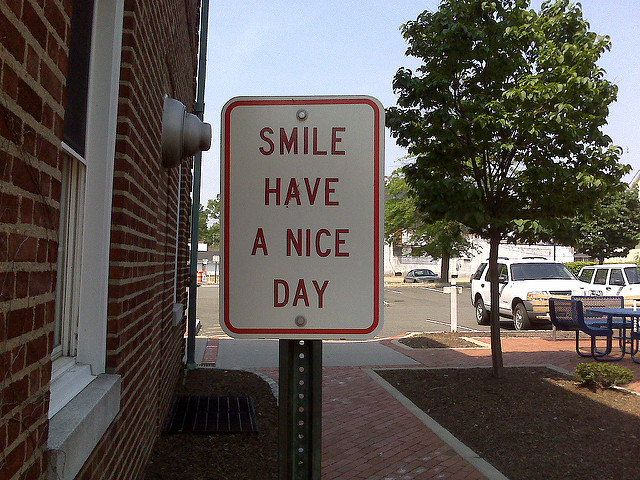
As we celebrated Dr. Martin Luther King Jr. last week, it is clear how much of an impact his life and legacy has had on American society. But in many respects, we have failed to achieve much of King’s hope for a more racially equitable and just society. Examples of overt racism are plentiful (e.g.,the recent viral video of white high school students mocking Native American activist Nathan Phillips) and — rightly — garner much attention. However, in a recent op-ed for The Guardian, Robin DiAngelo reminds us that focusing primarily on these overt cases of racism reinforces a common myth among white Americans that racism includes only “isolated and individual acts of intentional meanness.” DiAngelo, a sociologist and a racial equity consultant, points out that niceness is is central to this myth.
When people understand racism only as an individual action, it hides how structural racism operates in our current institutions and society. DiAngelo expands further,
“This definition is convenient and comforting, in that it exempts so many white people from the system of white supremacy we live in and are shaped by. It is at the root of the most common kind of white defensiveness. If racists are intentionally and openly mean, then it follows that nice people cannot be racist.”
For many whites, highlighting their niceness and proximity to people of color is how they distance themselves from racism. For example, a white person will often be quick to point to how many friends of color they have, how they live or work in a diverse environment, or they might even use defensive strategies to deny claims of racism like “but he/she is a nice person.” DiAngelo argues that this “cursory friendliness” does nothing to address racial inequality and the racially segregated lives that white people often lead:
“The racial kinship white people attempt to draw from niceness might be seen as a false or fabricated affinity. Most white people live segregated lives and in fact have no lasting cross-racial relationships. We are in the position to choose segregation and often do. The claims of non-racism that we make are therefore based on the most superficial of shared experiences: passing people of color on the street of large cities and going to lunch on occasion with a co-worker.”
DiAngelo concludes by urging white Americans to move beyond niceness to combat racism and racial inequality. White people must not only acknowledge their white privilege, but also make concerted efforts to
“put what [they] profess to value into the actual practice of our lives. This takes courage, and niceness without strategic and intentional anti-racist action is not courageous.”

Comments 2
Kevin J. Anderson — March 15, 2023
In the United States, white people have a lot of privilege. They are more likely to be employed and have higher incomes than racial minorities. They also enjoy a very high social status in the eyes of others.The problem is that white people often don't realize how their behavior affects others. They may believe that they are being friendly when in fact they are being condescending or even racist. This is particularly true for people who grew up in communities where racism was common and acceptable. I was directed to write a good college essay on this topic and thanks to this https://vivaglammagazine.com/how-to-write-a-good-college-essay/ article that helped me a lot with finding the best way to write this type of essay easily with unique content.
SSColoring.com — October 25, 2024
Hi there! This article touches on an important point: being polite isn’t enough to dismantle systemic inequalities. It reminds me how in coloring, every shade matters – you need all the colors to create a complete picture. Just like with racial equity, it’s about more than kindness; it’s about real inclusion! Explore, color, and reflect at SSColoring.com – every page is a step toward a brighter, more colorful world!